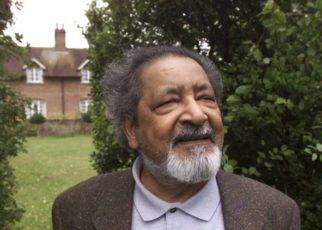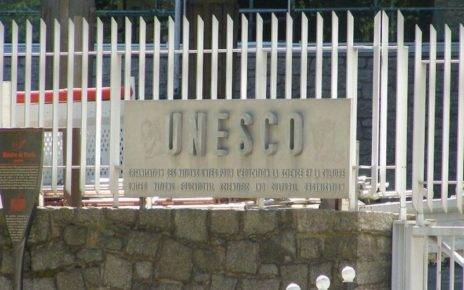British author and outspoken Nobel laureate V.S. Naipaul breathed last on Saturday. He was 85 and surrounded by his loved ones.
The son of an Indian civil servant was born in Trinidad as Vidiadhar Surajprasad Naipaul. He later settled in England and studied English literature at Oxford University on a scholarship.
Naipaul was best known for his works “A House for Mr Biswas” and “In A Free State.” He led a wonderful creativity life which was full of endeavor. He mostly wrote on the traumas of post-colonial change.
Even though he was a pillar of Britain’s cultural establishment, but was symbol of modern rootlessness. He had spent much of his life traveling.
In 2001 Naipaul was awarded with Nobel prize for literature and he was described as a “literary cicumnavigator, only ever really at home in himself, in his inimitable voice.”
His early works were mostly on the West Indies. Later he included other countries across the world too in his writings.
His comment of “half-made societies” as a description to post-colonial countries stirred controvery and argued Islam attempted and enslaved to wipe out other cultures.
The Swedish Academy for Nobel prize said Naipaul was “the annalist of the destinies of empires in the moral sense: what they do to human beings.”
His one of the most popular novels in 1961, A House for Mr Biswas, looked at the Indian immigrants who were trying integrating into the Caribbean cultures.





